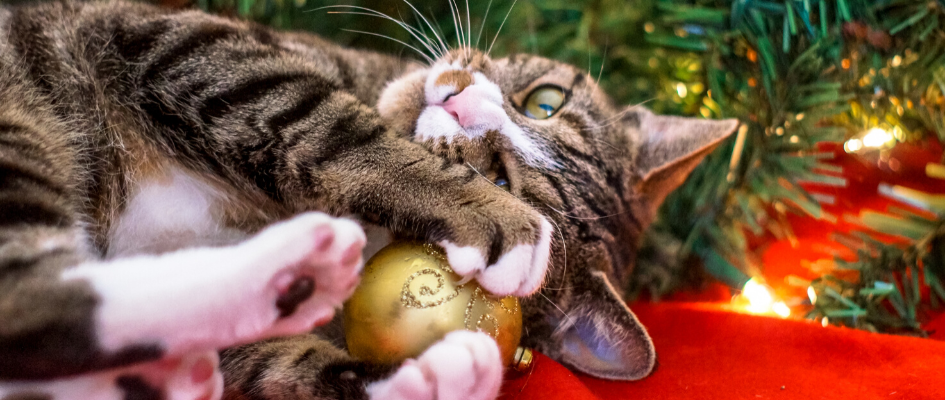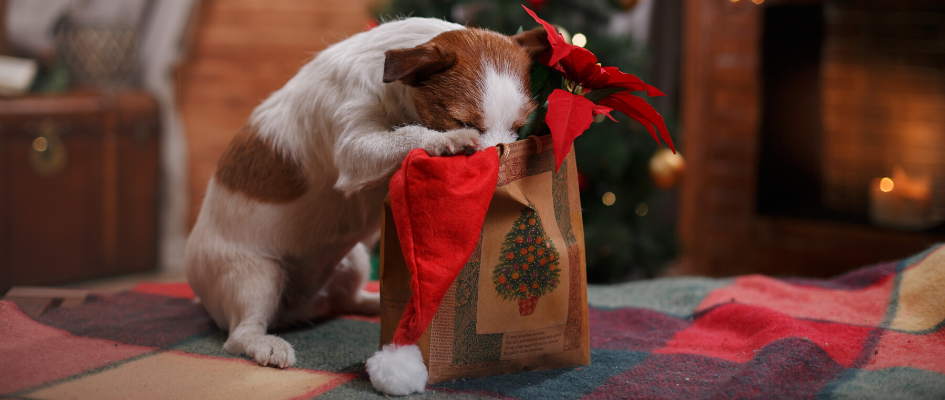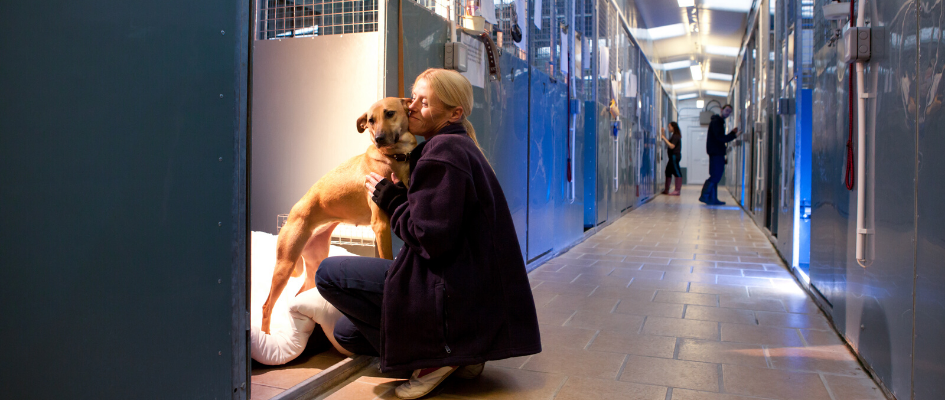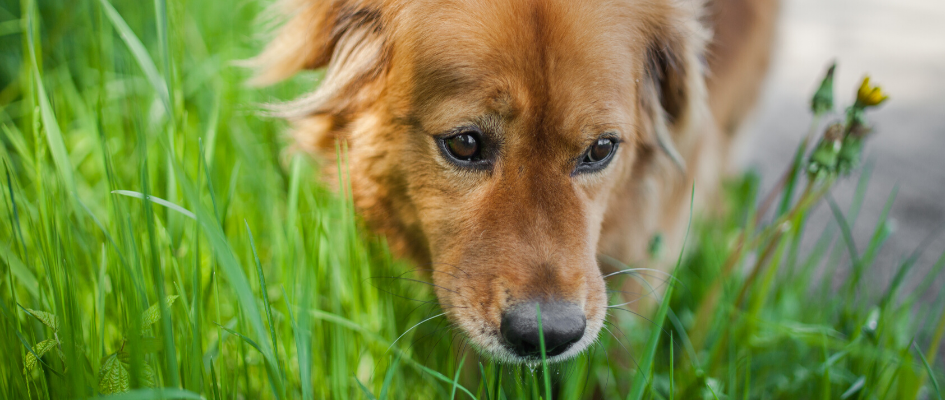Spring is an exciting time of the year. The weather is improving and the prospect of enjoying time outdoors with your pet is becoming more of a reality after months indoors. All pet owners need to know the potential dangers springtime can bring to their pets and the best ways to avoid harmful accidents. Read our helpful tips on keeping your dog or cat away from danger.
Outdoor Pet Dangers to Look Out For This Spring
Many items can be found in your garden during spring that can be highly toxic and, in some cases, deadly to your pet — even in the smallest quantities.
Lily Plant
Lilies are a popular gift and a lovely addition to any garden or home, but if you have a cat, they can be extremely dangerous. Every part of the lily plant—leaves, petals, stems, pollen, and even the water in the vase—can cause kidney failure in cats, even in tiny amounts.
- If you love having flowers at home, opt for cat-safe alternatives like orchids, roses, or sunflowers.
- If you receive lilies as a gift, keep them well out of reach—or, better yet, choose to regift them to a non-cat-owning friend to keep your feline safe.
Visit the Cats Protection website for more advice on dangerous plants.
Perennial Plant Bulbs
Spring bulbs bring vibrant colors to gardens, but many can be highly toxic to pets if ingested. Dogs, in particular, are prone to digging up and chewing on bulbs, unaware of the dangers they pose. Some common toxic bulbs include daffodils, tulips and hyacinths.
-
Store bulbs securely – Keep unplanted bulbs out of reach of pets, in sealed containers.
-
Choose pet-safe alternatives – Consider planting pet-friendly options like sunflowers.
-
Supervise outdoor time – If your pet enjoys exploring the garden, monitor them closely, especially in freshly planted areas.
Slug Pellets
Slug pellets containing metaldehyde are extremely toxic – ingestion of even small amounts will cause severe seizures. Instead of using toxic slug pellets, consider pet-safe alternatives, such as:
-
Crushed eggshells – These create a rough surface that slugs avoid.
-
Copper tape – Wrapping plant pots with copper tape acts as a natural deterrent.
-
Encouraging natural predators – Frogs, hedgehogs, and birds help control slug populations.
-
Organic, pet-safe pellets – Look for ferric phosphate-based pellets, which are much safer for pets.
Adders
While seemingly less likely than the other outdoor threats, Adders need to be considered by all pet owners whether in their gardens or out on walks. As the weather gets warmer, Adders wake up from their winter hibernation. Our overly inquisitive pets can encounter the UK’s only venomous native snake in many different scenarios and may attract a nasty bite if you aren’t too careful.
-
Woodlands, heathlands, and grasslands – Adders are commonly found in these natural habitats, especially in clearings or areas with long grasses.
-
Rocky or hilly areas, and near water – They often inhabit elevated or rocky terrain, as well as areas close to ponds or streams.
Ticks
As the weather warms up, ticks become more active, posing a risk to pets that enjoy exploring grassy areas, woodlands, and even urban parks. These tiny parasites latch onto your pet’s skin, feeding on their blood and potentially transmitting harmful diseases like Lyme disease and Babesiosis.
-
Check regularly – After walks, inspect your pet’s fur, especially around the ears, neck, and between the toes. Ticks can be as small as a pinhead, so look carefully.
-
Use preventative treatments – Speak to your vet about tick-repellent treatments, including spot-on solutions, collars, or oral medications.
Year-Round Pet Safety: Stay Alert in Every Season
As temperatures rise in summer, it’s also crucial to protect your pet from heat-related illnesses. Take a look at our tips for keeping your dog cool during the hottest months to ensure they stay comfortable and safe.
The warmer months aren’t the only time of year when pets face potential dangers—each season brings its own risks. For example, winter festivities can introduce hidden hazards, so be sure to check out our guide to keeping your pets safe at Christmas.
Act Fast in a Poison Emergency: Remember S.P.E.E.D!
If you suspect your pet has ingested something toxic, every second counts. Follow the S.P.E.E.D method to act quickly and effectively:
S – Stop your pet from eating any more of the suspected toxin.
P – Phone your vet immediately.
E – Emergency appointment—seek urgent veterinary care.
E – Evidence—bring labels, samples, or vomit (safely contained) to help with diagnosis.
D – Don’t delay! Time is critical in poisoning cases.
If you’re unsure whether something your pet has eaten is dangerous, consult our Poisons Guide or contact your local Goddard vet for expert advice.




